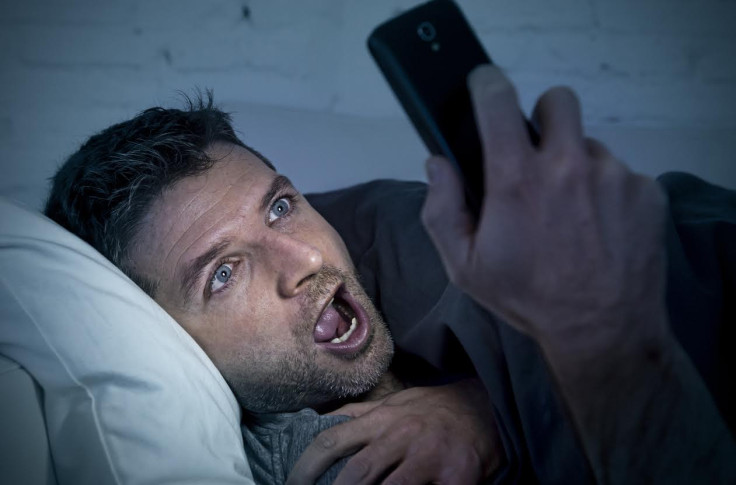'I'd buy that for a dollar!' FCC issues $120m fine for massive 'robocall' scandal
Calls marketed fake 'exclusive' deals from Expedia, Marriott, Hilton and TripAdvisor.

A US man accused of orchestrating more than 96 million spoofed "robocalls" in an attempt to trick victims into buying holiday deals is now facing an unprecedented $120 million fine from the Federal Communications Commission (FCC), it emerged this week (22 June).
Adrian Abramovich of Miami, Florida, reportedly automated 96,758,223 spoofed telemarketing calls in the period between October and December last year. In total, the FCC claimed it amounted to more than one million unwanted calls every day, almost 44,000 every hour.
Abramovich's operation seemingly made the calls in order to trick unsuspecting consumers into answering and listening to a series of advertising messages that posed as "exclusive" deals from prominent travel firms including Expedia, Marriott, Hilton and TripAdvisor.
Consumers who fell victim were transferred to foreign call centres where live operators then attempted to sell packages often involving timeshares. Of course, the legitimate firms were not affiliated with the scheme and recorded multiple complaints from duped consumers.
The scope of the automated calls was so widespread that at one point it overwhelmed an emergency medical service's paging system in 2015, the FCC found.
"A large-scale robocalling campaign will disrupt - and can potentially disable - the medical pager network," the complaint warned.
Abramovich used what is known as "neighbour spoofing" to hide the true intent of the calls. This works by the culprit falsifying the caller ID to match the desired area code and the first three digits of the recipient's number – enhancing the chances of the phone being picked up.
"To say that the case before us is one of the most troubling that I have ever seen in this context, is one of the biggest understatements I have made in years," said FCC commissioner Mignon Clyburn.
"One man, a single individual, is apparently responsible for nearly 100 million robocalls during a three month period. Adrian Abramovich's alleged spoofing activities, has had a direct and adverse financial impact on consumers [and] the reputational harm of respected American businesses."
The activity would be in violation of the US Truth in Caller ID Act, which prohibits spoofing with the "intent to cause harm, defraud, or obtain anything of value."
"Robocalling is consistently the top-ranked category of complaints that consumers bring to the FCC," said its chairman, Ajit Pai, in a statement.
"That's why I'm pleased that today the Commission is taking major, unprecedented action against what appears to be the most egregious neighbour spoofing robocalling scheme we have ever seen.
"This scheme was particularly abhorrent because, given its breadth, it appears to have substantially disrupted the operations of an emergency medical paging provider. It did this by slowing down and potentially disabling its network.
"Pagers may be low-tech, but for doctors, these devices are simple and dependable standbys. By overloading this paging network, Mr. Abramovich could have delayed vital medical care, making the difference between a patient's life and death."
Abramovich has been given 30 days to respond to the accusation and still has the chance to dispute the FCC findings.
© Copyright IBTimes 2025. All rights reserved.





















